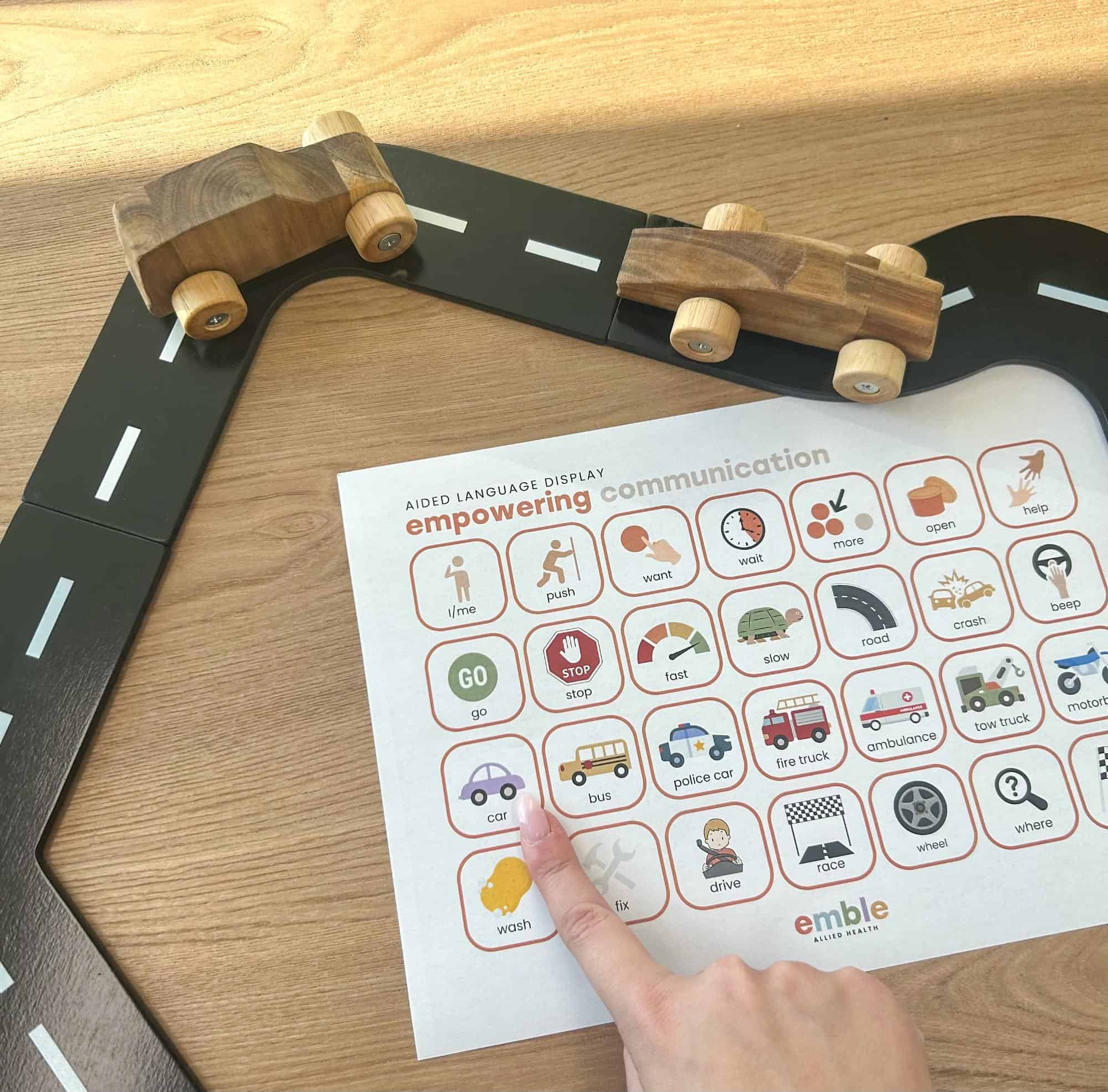We understand that as parents, you want to make the best choice when it comes to choosing an educational setting for your child. How do we know this? Because we’re parents too!
As allied health professionals we often get asked for recommendations, however, it’s essential to remember that you are the expert on your child. The best way to ensure a good fit is by asking specific questions that address your child’s needs and areas of strength.
Here are some key questions to consider when evaluating prospective schools, childcares, or kindergartens for your child.
1. Inclusion Policies:
- How does your educational setting ensure an inclusive environment for all children?
- Can you provide examples of how you have successfully included children with similar needs (as my child) in the past?
- How does your approach ensure that play and learning experiences can be accessed by all children (eg. Communication access)
2. Staff Training and Experience:
- What kind of training do your educators and staff have in creating an inclusive and accessible environment for all children?
3. Individualised Support:
- Where a child requires individualised support, how do you ensure that support plans are embedded through the curriculum? How often are these plans reviewed? Who is involved in the development and review of the plans?
- What is your policy on having Therapists attend the educational setting?
- How have you collaborated with Therapists/professionals in the past?
4. Accessibility:
- How accessible are your facilities for children (eg. with communication needs, physical disability, etc.)?
- Do you have adaptive equipment or resources available for children who need them?
- What resources are available in the environment to support sensory regulation?
5. Educational Environment and Curriculum:
- What are the behavioural expectations of children during group activities such as story time? How do you embrace the different ways children listen, learn and engage?
- How do you adapt the curriculum to meet the diverse learning needs of all children?
- What types of classroom accommodations are available, and how are they determined for each child?
- How do you approach educating the school/childcare/kindergarten community (including other students) about inclusion and diversity?
7. Communication and Collaboration:
- How do you communicate with parents about their child’s progress and any concerns?
- How do you ensure consistent collaboration between teachers, parents, and any external therapists or specialists?
8. Behavioural Support:
- What strategies do you use to manage and support positive behaviour in the educational environment?
9. Transition and Continuity:
- How do you support children during transitions, such as starting kindergarten, primary school or high school? Do you offer orientation programs or opportunities for our child/family to become familiar with the environment before starting? If so, what do these sessions look like?
- What steps do you take to ensure a smooth transition from your educational setting to another? How do you collaborate with schools or provide information about my child’s progress, interests, motivators and skills to support their transition?
By asking these targeted questions, you can better assess whether a prospective school, childcare, or kindergarten will meet your child’s and family’s needs. Remember, as parents, you know your child best. Trust your instincts and use these questions to guide your decision-making process, ensuring your child receives the support and environment they need to thrive.




